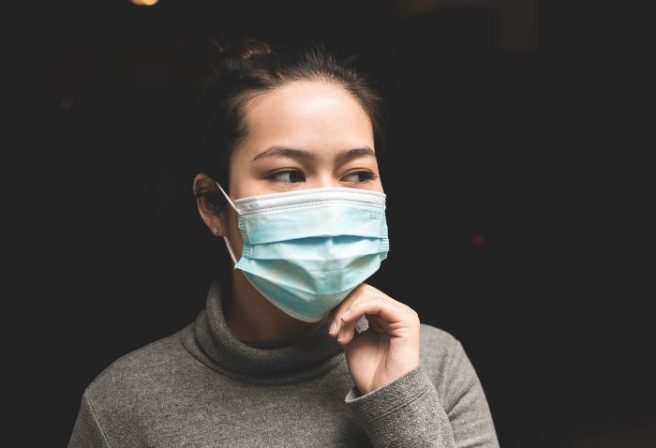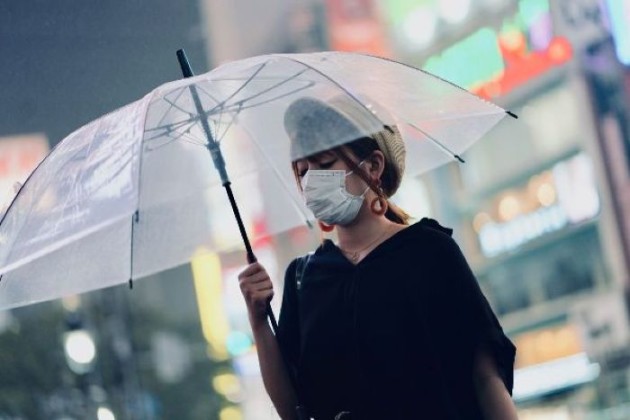
What are the symptoms of Coronavirus and how to avoid it
The number of people suffering from COVID-19 has increased across Europe, with the death toll in Italy spiking in recent days. It is vital to be aware of the symptoms of coronavirus, especially as cases increase in neighbouring countries.
One thing to remember is to avoid A&E if you do present with the below symptoms. Illnesses like this are best treated at home, which is why self-isolation has been recommended to so many. Medical experts have warned the public to stay away from A&E if they suspect coronavirus. Dr Chris Luke and Kingston Mills told RTÉ’s Sean O’ Rourke: “Let there be no panic. Self isolation is the ideal way to deal with the situation in Ireland. Too many people come into A&E with minor illnesses.”

Symptoms:
The virus causes symptoms including high temperature, dizziness, muscle ache, cough, headache, shortness of breath and difficulty breathing.
Pneumonia may develop in more severe cases.
Symptoms take up to 14 days to appear.
Prevention:
The best thing to prevent yourself from contracting COVID-19 is to wash your hands thoroughly. Hand hygiene is one of the most important measures to prevent and control the disease from spreading.
Coughs and sneezes are the main ways the virus is spread, experts shared. The virus can also be spread by close personal contact, touching an object with the virus on it and then touching your mouth, nose, eyes before washing your hands.
The public has been advised to carry hand sanitizer at all times. Practicing good hand hygiene is essential. You should also cover your mouth when you need to sneeze or cough. Sneezing or coughing into your elbow is recommended, especially if you’re in a public space.






